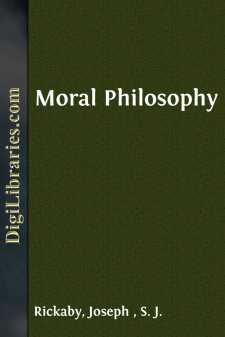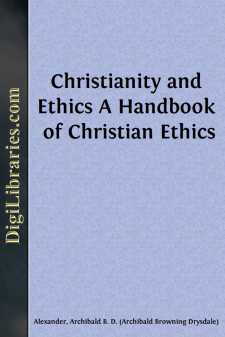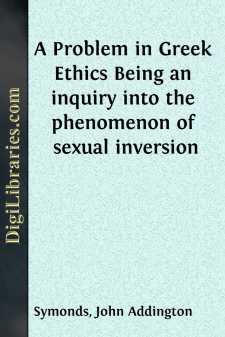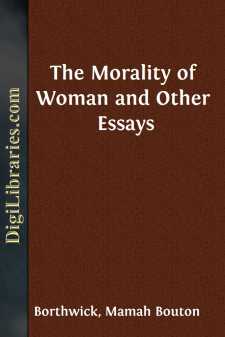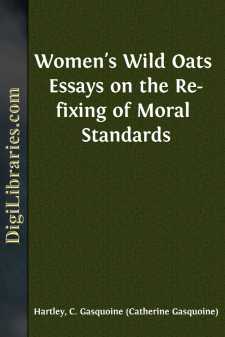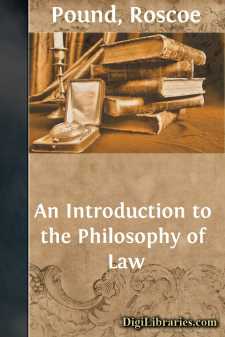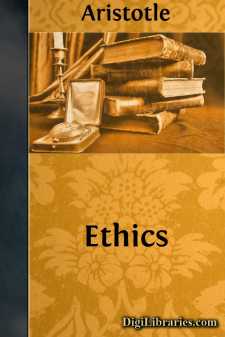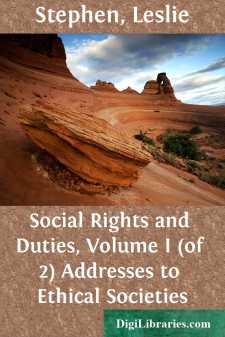Categories
- Antiques & Collectibles 13
- Architecture 36
- Art 48
- Bibles 22
- Biography & Autobiography 816
- Body, Mind & Spirit 145
- Business & Economics 28
- Children's Books 18
- Children's Fiction 14
- Computers 4
- Cooking 94
- Crafts & Hobbies 4
- Drama 346
- Education 58
- Family & Relationships 59
- Fiction 11831
- Foreign Language Study 3
- Games 19
- Gardening 17
- Health & Fitness 34
- History 1378
- House & Home 1
- Humor 147
- Juvenile Fiction 1873
- Juvenile Nonfiction 202
- Language Arts & Disciplines 89
- Law 16
- Literary Collections 686
- Literary Criticism 179
- Mathematics 13
- Medical 41
- Music 40
- Nature 179
- Non-Classifiable 1768
- Performing Arts 7
- Periodicals 1453
- Philosophy 66
- Photography 2
- Poetry 897
- Political Science 203
- Psychology 45
- Reference 154
- Religion 516
- Science 126
- Self-Help 86
- Social Science 82
- Sports & Recreation 34
- Study Aids 3
- Technology & Engineering 59
- Transportation 23
- Travel 463
- True Crime 29
Our website is made possible by displaying online advertisements to our visitors.
Please consider supporting us by disabling your ad blocker.
Moral Philosophy
Description:
Excerpt
CHAPTER I.
OF THE OBJECT-MATTER AND PARTITION OF MORAL PHILOSOPHY.
1. Moral Philosophy is the science of human acts in their bearing on human happiness and human duty.
2. Those acts alone are properly called human, which a man is master of to do or not to do. A human act, then, is an act voluntary and free. A man is what his human acts make him.
3. A voluntary act is an act that proceeds from the will with a knowledge of the end to which the act tends.
4. A free act is an act which so proceeds from the will that under the same antecedent conditions it might have not proceeded.
An act may be more or less voluntary, and more or less free.
5. Moral Philosophy is divided into Ethics, Deontology, and Natural Law. Ethics consider human acts in their bearing on human happiness; or, what is the same thing, in their agreement or disagreement with man's rational nature, and their making for or against his last end. Deontology is the study of moral obligation, or the fixing of what logicians call the comprehension of the idea I ought. Ethics deal with [Greek: to prepon], "the becoming"; Deontology with [Greek: to deon], "the obligatory". Deontology is the science of Duty, as such. Natural Law (antecedent to Positive Law, whether divine or human, civil or ecclesiastical, national or international) determines duties in detail,—the extension of the idea I ought,—and thus is the foundation of Casuistry.
6. In the order of sciences, Ethics are antecedent to Natural Theology; Deontology, consequent upon it.
Readings.—St. Thos., in Eth., I., lect. 1, init.; ib., 1a 2æ, q. 1, art. 1, in corp.; ib., q. 58, art. 1, in corp.
CHAPTER II.
OF HAPPINESS.
SECTION I.—Of Ends.
1. Every human act is done for some end or purpose. The end is always regarded by the agent in the light of something good. If evil be done, it is done as leading to good, or as bound up with good, or as itself being good for the doer under the circumstances; no man ever does evil for sheer evil's sake. Yet evil may be the object of the will, not by itself, nor primarily, but in a secondary way, as bound up with the good that is willed in the first place.
2. Many things willed are neither good nor evil in themselves. There is no motive for doing them except in so far as they lead to some good beyond themselves, or to deliverance from some evil, which deliverance counts as a good. A thing is willed, then, either as being good in itself and an end by itself, or as leading to some good end. Once a thing not good and desirable by itself has been taken up by the will as leading to good, it may be taken up again and again without reference to its tendency. But such a thing was not originally taken up except in view of good to come of it. We may will one thing as leading to another, and that to a third, and so on; thus one wills study for learning, learning for examination purposes, examination for a commission in the army, and the commission for glory. That end in which the will rests, willing it for itself without reference to anything beyond, is called the last end....


